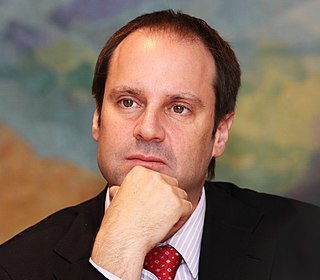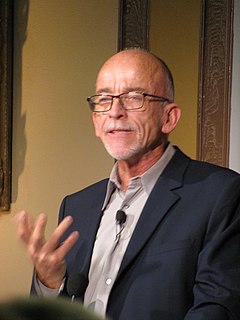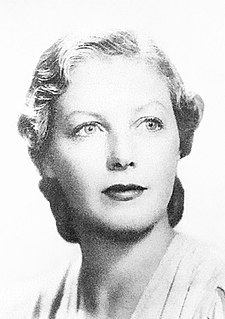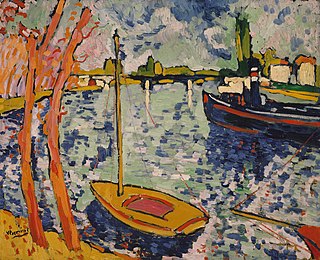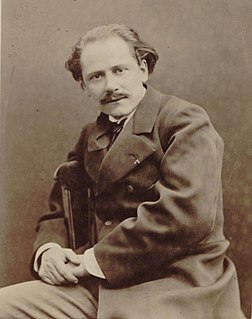A Quote by Ted Kooser
The poem is the device through which the ordinary world is seen in a new way - engaging, compelling, even beautiful.
Related Quotes
It's unsettling, to lose the safety of the familiar, even when what's disrupted is an ordinary routine. When I began this poem, I was grieving for the loss of my old barbershop in Manhattan, and wondering at the strangeness of my new one. I didn't have any idea the poem would break into the underworld, opening a deeper subject: the continuing force of the old griefs routine helps to mediate, and my strange, sheer wonder at my own survival. Where's home now? In the contingent present, in which anything can disappear, and where we're sometimes granted some form of grace.
The statement of ideas in a poem may have to do with logic. More profoundly, it may be identified with the emotional progression of the poem, in terms of the music and images, so that the poem is alive throughout. Another, more fundamental statement in poetry, is made through the images themselves those declarations, evocative, exact, and musical, which move through time and are the actions of a poem.
I still believe that we can offer you a much deeper, more engaging, more compelling play experience on a PC than we can on a mobile device, but one can enhance the other, and one can expand the other. I don't think they necessarily will compete with each other, just like how we find a place for movies in our lives, and TV and radio.
The poet must not only write the poem but must scrutinize the world intensely, or anyway that part of the world he or she has taken for subject. If the poem is thin, it is likely so not because the poet does not know enough words, but because he or she has not stood long enough among the flowers--has not seen them in any fresh, exciting, and valid way.
I write because to write a new sentence, let alone a new poem, is to cross the threshold into both a larger existence and a profound mystery. A thought was not there, then it is. An image, a story, an idea about what it is to be human, did not exist, then it does. With every new poem, an emotion new to the heart, to the world, speaks itself into being.
The world was so beautiful when regarded like this, without searching, so simply, in such a childlike way. Moons and stas were beautiful, beautiful were bank and stream, forest and rocks, goat and gold-bug, flower and butterfly. So lovely, so delightful to go through the world this way, so like a child, awake, open to what is near, without distrust.


